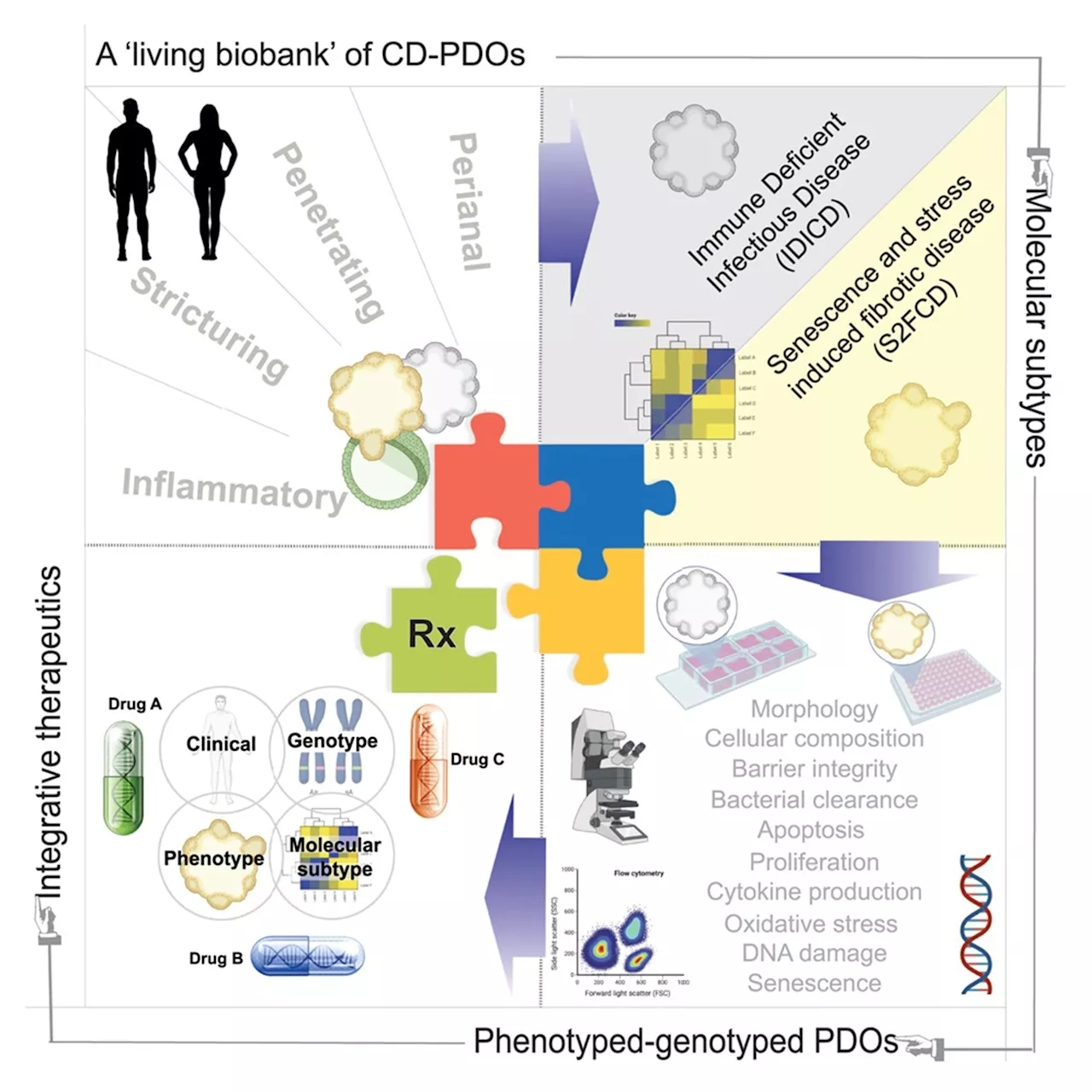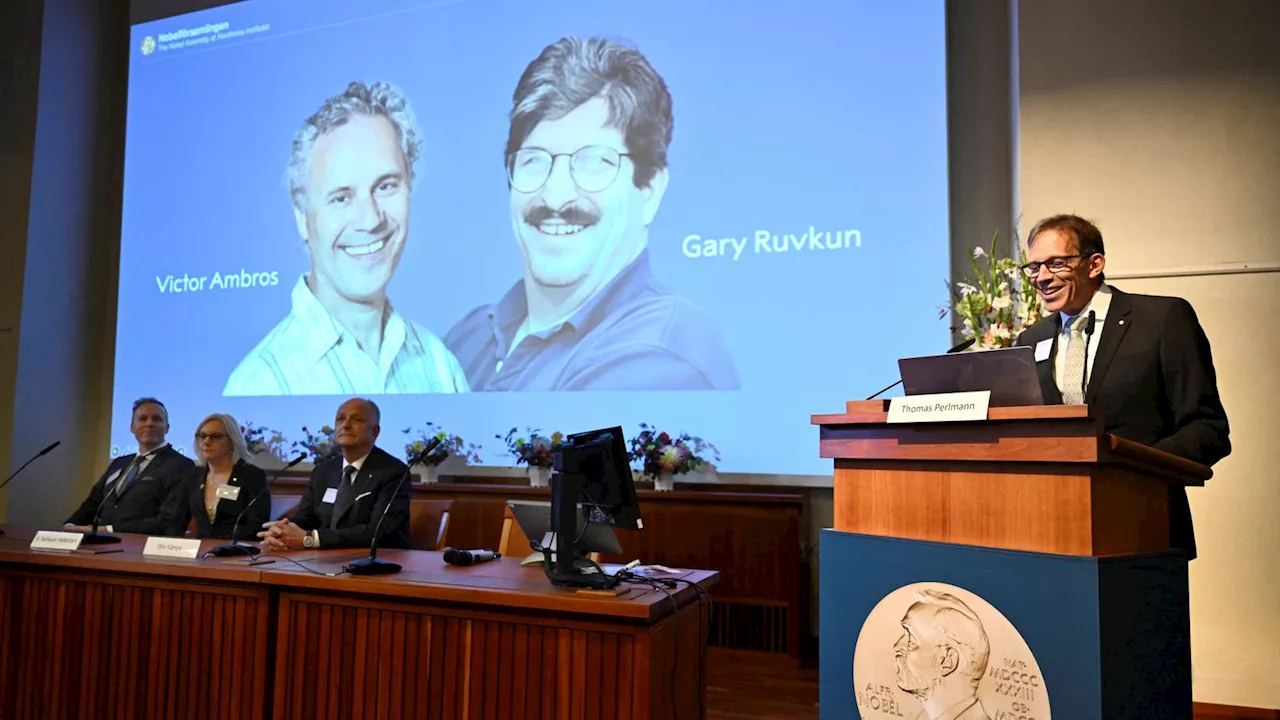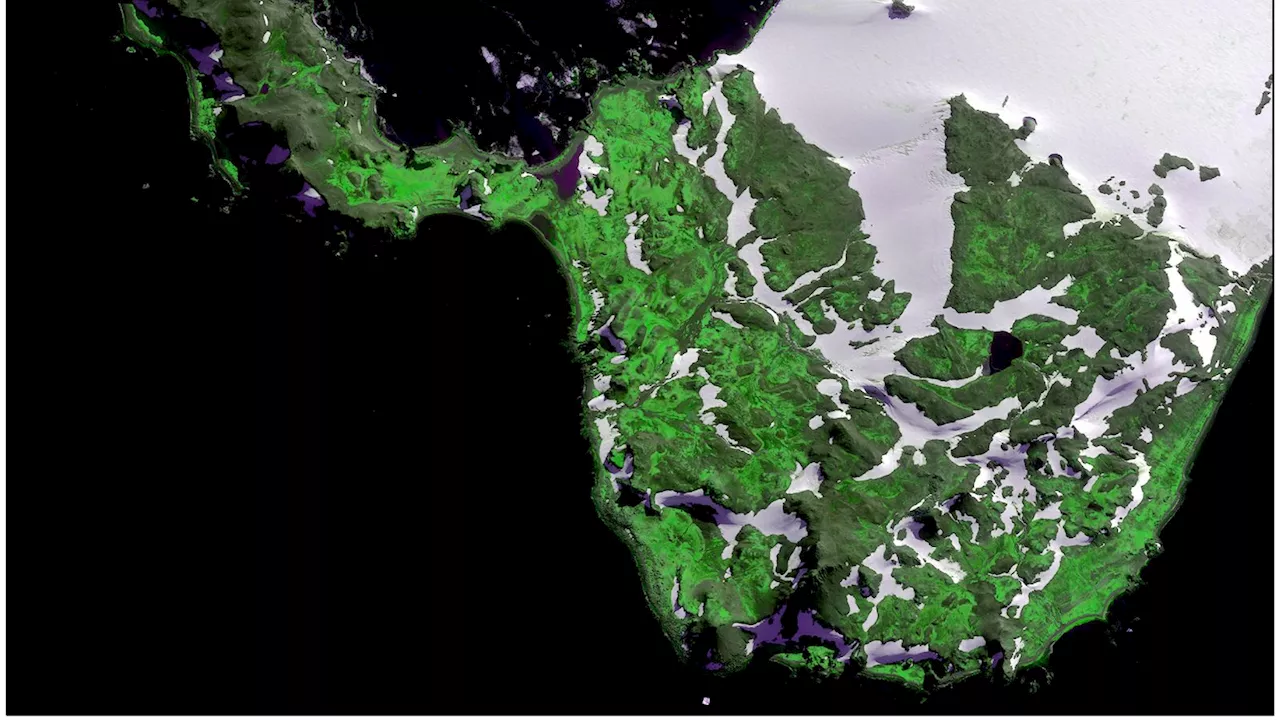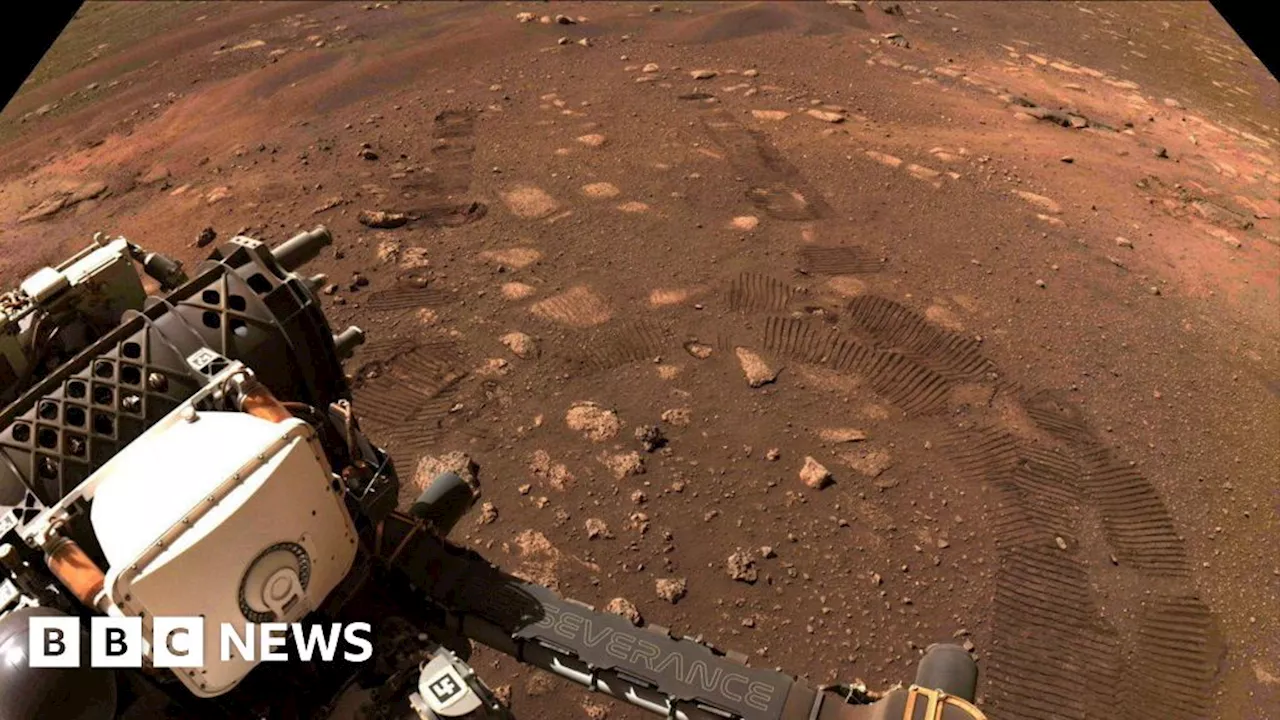Doomscrolling before falling asleep is a bad habit that many of us would like to kick. But scientists now warn that using your phone in bed could be hurting more than your sleep pattern.
Researchers warn that your phone is harbouring bacteria found on cockroaches. These germs can cause rashes, pneumonia, and even sepsis in some peopleDoomscrolling on social media before falling asleep is a bad habit that many of us would like to kick.According to research sponsored by MattressNextDay, your phone could be harbouring harmful bacteria usually found in cockroach droppings.
‹ Slide me › Researchers swabbed smartphones to reveal that they harbour large amounts of the bacteria Pseudomonas aeruginosa which can be harmful The bacteria from the swabs were then allowed to grow in the lab so researchers could see what kinds of microbes were present. Previous studies have found that one in eight cockroaches captured in hospitals carries this potentially harmful bacteria.A survey of 575 adults conducted by MattressNextDay found that 74 per cent of respondents sleep with their phones by their head or underneath their pillow.To make matters worse, Pseudomonas aeruginosa thrives in the humid, warm climates found in your bed.
While Pseudomonas aeruginosa is harmless in most cases, it can lead to more severe health complications. To make matters worse, this bacteria is notorious for its antibacterial resistance which makes infections even harder to treat. Be sure to pay extra attention to areas which come in contact with your face such as the phonescreen or smartwatch band.
United Kingdom Latest News, United Kingdom Headlines
Similar News:You can also read news stories similar to this one that we have collected from other news sources.
 Scientists uncover two Crohn’s disease subtypes using lab-grown intestines, offering hope for personalized therapiesResearchers used stem-cell derived organoids from Crohn's disease patients to identify two molecular subtypes, paving the way for personalized treatments targeting specific disease characteristics.
Scientists uncover two Crohn’s disease subtypes using lab-grown intestines, offering hope for personalized therapiesResearchers used stem-cell derived organoids from Crohn's disease patients to identify two molecular subtypes, paving the way for personalized treatments targeting specific disease characteristics.
Read more »
 Scientists say second 'catastrophic' asteroid hit Earth when dinosaurs wiped outThe second impact off the coast of West Africa would have been 'catastrophic', the scientists say
Scientists say second 'catastrophic' asteroid hit Earth when dinosaurs wiped outThe second impact off the coast of West Africa would have been 'catastrophic', the scientists say
Read more »
 Scientists warn against magic sponges' hidden dangersThe price of cleaning with magic sponges is higher than expected, scientists have shown.
Scientists warn against magic sponges' hidden dangersThe price of cleaning with magic sponges is higher than expected, scientists have shown.
Read more »
 Nobel Prize for medicine goes to American scientists who worked on microRNAThe scientists showed how microRNA is found in nearly all complex life forms and plays a fundamental role in regulating how organisms function. The discovery is likely to lead to new insights for medicine.
Nobel Prize for medicine goes to American scientists who worked on microRNAThe scientists showed how microRNA is found in nearly all complex life forms and plays a fundamental role in regulating how organisms function. The discovery is likely to lead to new insights for medicine.
Read more »
 Parts of Antarctica are turning green faster than we thought from climate change, 'shocked' scientists saySatellite images show the area covered by vegetation has grown dramatically and is now 10 times larger than it was four decades ago and the rate of change is speeding up.
Parts of Antarctica are turning green faster than we thought from climate change, 'shocked' scientists saySatellite images show the area covered by vegetation has grown dramatically and is now 10 times larger than it was four decades ago and the rate of change is speeding up.
Read more »
 Martian sand can be used to build in space, Dublin scientists findResearchers made bricks that could form the basis for future extra terrestrial settlements.
Martian sand can be used to build in space, Dublin scientists findResearchers made bricks that could form the basis for future extra terrestrial settlements.
Read more »
